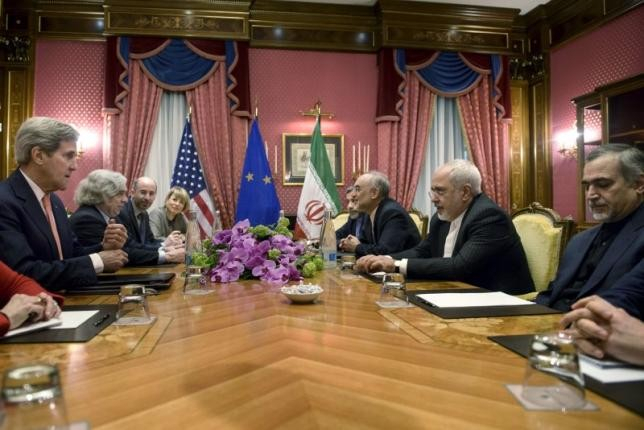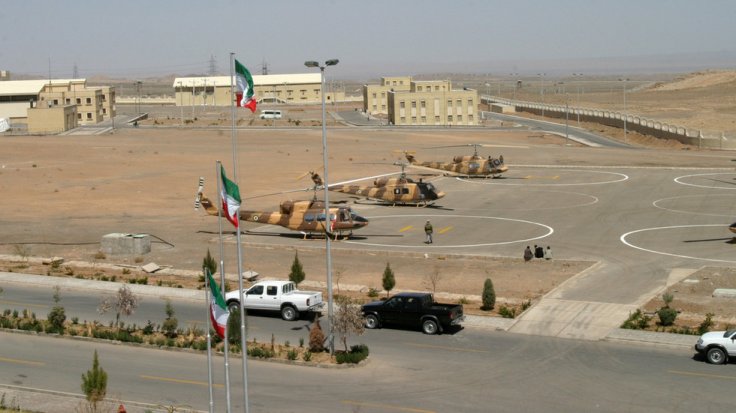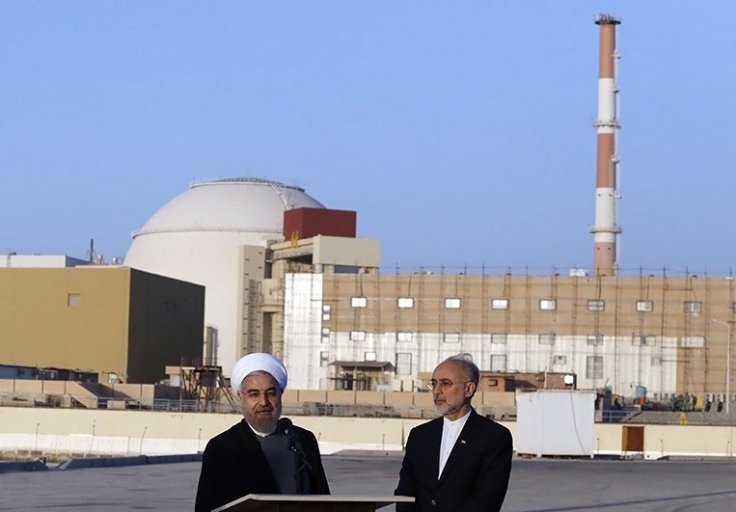An overseas Iranian resistance group has warned that Tehran is using the nuclear negotiations as a cover for the relentless pursuit of nuclear weapons. The National Council of Resistance of Iran (NCRI) adds that Iran is close to building a nuclear weapon and has been making incremental progress all these years.
NCRI is based in Paris, but the organization works with the People's Mojahedin Organization of Iran (PMOI/MEK, which has operatives inside Iran who gather sensitive information on Iran's nuclear weapons program.
True Depth of Iran's Nuclear Capability
"The Iranian resistance, mainly the People's Mojahedin Organization of Iran, have been the key factor, the key player that has brought the issue of the Iranian nuclear program to the international attention," said Shahin Gobadi, the spokesperson for NCRI.

He also added that but for the Iranian resistance the world would not have known about the true depth of Iran's nuclear capability. Gobadi told Saudi Arabia's Arab News that the organization has made key revelations about secret Iranian nuclear sites, projects, and facilities. Saudi Arabia is a direct adversary of Iran, vying with the Shia nation for regional dominance.
"... The world would have been totally caught off guard regarding the mullahs' secret drive to acquire nuclear weapons and by now the world would have been faced with a predicament of the worst regime being equipped with the worst weapon," he said.
Gobadi is a thermal nuclear scientist, and he joined the Iranian resistance 40 years ago when he was a UCLA student.
Joint Comprehensive Plan of Action
Ever since former US President Donald Trump withdrew from the nuclear deal known as Joint Comprehensive Plan of Action (JCPOA), Iran has accelerated its nuclear activities which were barred under the terms of the 2015 deal.

The International Atomic Energy Agency said in October 2020 that Iran was short of 'significant quantity' of potential bomb material. Analysts observed then that Tehran made advances in pursuit of its alleged clandestine nuclear weapons program after the US exited the nuclear deal.
In November 2019, Iranian President Hassan Rouhani himself said the country was kickstarting the stalled nuclear program. He said uranium was to be injected into 1,044 centrifuges at its Fordow nuclear facility. Iran's nuclear chief Ali Akbar Salehi confirmed that 30 advanced IR-6 centrifuges were to be launched in a move to accelerate the uranium enrichment process, which was in clear violation of the terms of the 2015 nuclear deal.
Uranium Enrichment
In December 2020, Iran's parliament passed a bill seeking partial suspension of UN inspections of its nuclear facilities. The inspection was part of the 2015 nuclear deal. Iran set a deadline of February 23 for the European signatories to offer relief from oil and banking sanctions.

"The Iranians continue to enrich uranium, and to a much higher degree than they have committed themselves to. And this amount is growing by the month," IAEA chief Rafael Grossi told Die Presse, had said at that time.
The Iranian resistance believes that it does not make any sense to restore JCPOA. Gobadi said the Iranian regime sees the negotiations as "appeasement," adding that the hope that Tehran would abandon its nuclear weapons ambitions if JCPOA is restored is entirely misplaced.
"An agreement that does not close the regime's path to a nuclear drive is not going to stop the drive. If the West holds firm, the regime has no choice but to concede to the West. Unfortunately, that was not the desire at the time, particularly of the Obama administration," Gobadi said.








